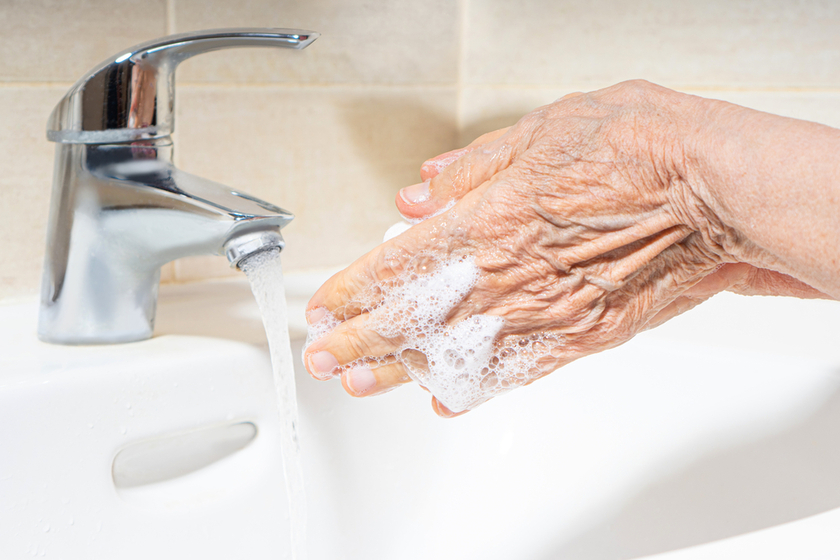In the wake of health concerns that disproportionately affect older adults, maintaining good hygiene practices is crucial for staying healthy. Among these practices, proper hand washing remains one of the simplest yet most effective ways to prevent the spread of infections. For seniors, who may be more vulnerable to illnesses, it’s especially important to ensure that hand washing is done correctly and consistently. In this guide, we’ll explore the top five hand-washing tips for seniors, designed to promote better health and hygiene.
Understanding the Importance of Hand Washing
Before diving into the tips, it’s vital to understand why hand washing is particularly important for seniors. As we age, our immune systems often become less efficient, making it harder to fight off infections. Regular and thorough hand washing can significantly reduce the likelihood of contracting viruses and bacteria that can lead to illness. By adhering to proper hand-washing techniques, seniors can protect themselves and others from a wide range of diseases.
Wash Hands at Key Times
One of the most important hand-washing tips for seniors is to wash their hands at crucial times throughout the day. It’s essential to wash hands:
- Before, during, and after preparing food
- Before eating
- After using the bathroom
- After touching garbage
- After blowing your nose, coughing, or sneezing
- After handling pet food or pet treats
- After touching surfaces in public places
Adhering to this routine ensures that germs are regularly removed, significantly reducing the risk of infection.
Use Proper Technique
The success of hand washing largely depends on the technique employed. To effectively clean their hands, seniors should adopt the following procedure:
- Start by moistening your hands with clean, running water (either warm or cold), then shut off the tap and apply soap.
- Create a rich lather by rubbing your hands together with the soap. Be sure to soap the backs of your hands, in between your fingers, and under your nails.
- Vigorously scrub your hands for at least 20 seconds.
- Thoroughly rinse your hands under clean, running water.
- Finally, dry your hands using a clean towel or simply let them air dry.
Use Hand Sanitizer When Necessary
There will be times when soap and water are not available. In these instances, using a hand sanitizer that contains at least 60% alcohol can be an effective alternative. Seniors should carry a small bottle of sanitizer for such occasions, particularly when accessing public places like grocery stores or doctor’s offices. To use hand sanitizer effectively:
- Apply the gel to the palm of one hand.
- Rub your hands together.
- Rub the gel over all surfaces of your hands and fingers until your hands are dry. This should take around 20 seconds.
Keep Nails Short and Clean
Germs can easily accumulate under long nails, so seniors should keep their nails short and clean. Regularly trimming nails and cleaning underneath them during hand washing can prevent the buildup of dirt and bacteria, further reducing the risk of illness.
Moisturize Regularly
Frequent hand washing can lead to dry skin, which can be particularly problematic for seniors, whose skin may already be prone to dryness. To counteract this, seniors should use a moisturizer after washing their hands. This practice helps to maintain skin integrity and prevents cracks or breaks in the skin, which can be entry points for infection.
Stay Healthy and Protected
Regularly practicing proper hand hygiene is a simple yet effective way to protect oneself and promote a healthy community. At our retirement community, we prioritize your health and safety. By choosing our community, you’ll benefit from an environment that upholds the highest standards of cleanliness and hygiene, including expert-led hand-washing demonstrations and readily available sanitation stations.
Our attentive care team is committed to ensuring that all residents enjoy a safe, healthy living space. Schedule a tour and take proactive steps toward maintaining your health and independence.







